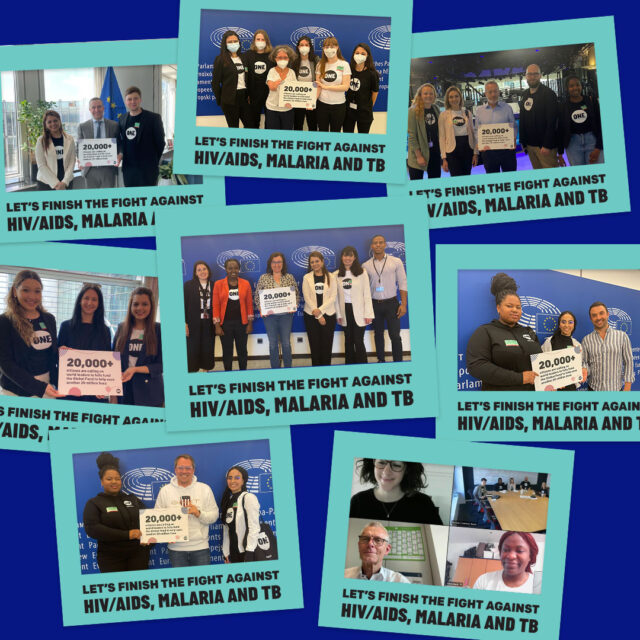You probably know that HIV/AIDS remains a global health crisis, and that advocacy and action are crucial to make sure people everywhere have access to medical care for HIV/AIDS.
Ensuring that we each do our part to fight this global crisis is crucial. But before you get started, here are a few important facts that you should know about HIV/AIDS.
HIV and AIDS are different
HIV is a virus that can lead to AIDS. HIV impacts an individual’s immune system and causes it to deteriorate. HIV stands for human immunodeficiency virus.
AIDS is a condition that can result from HIV if it is not treated. AIDS stands for acquired immunodeficiency syndrome, and it “develops when HIV has caused serious damage to the immune system.”
Although there is no cure for HIV, it is possible to live with it
As of today, there is no cure for HIV. But the disease can be managed with the right and proper medical care and treatment.
HIV can be managed through treatments called antiretroviral drugs, which stop the virus from replicating in the body. ” Those who undergo antiretroviral therapy (ART) are not cured of HIV, but ART can help strengthen an individual’s immune system and ability to fight off infections.
Thankfully, 29.8 million people have access to these life-saving treatments.
Symptoms and signs can vary
Depending on the stage of infection, the signs and symptoms of HIV can vary. At first, the body might experience an “influenza-like” illness, or no symptoms at all. This usually occurs during the first few weeks after the initial infection. But as the infection progresses and the immune system weakens, symptoms such as weight loss, fever, diarrhea, cough, and swollen lymph nodes can occur.
Transmission varies
Transmission of HIV can happen in a number of ways. It can move between people through the exchange of bodily fluids such as blood, breast milk, and more. Beyond that, it can also be transmitted between a mother and child during pregnancy and through childbirth, through blood transfusions, through intercourse, or through the sharing of contaminated needles.
Around 39 million people were living with HIV as of 2022
UNAIDS estimated that around 39 million people were living with HIV at the end of 2022. Approximately two-thirds of people living with HIV, or 25.6 million people, are in Africa. There is still significant work needed to tackle HIV/AIDS. In 2022, 630,000 people died from HIV-related causes and 1.3 million people became newly infected with HIV.
No one is immune to HIV/AIDS
There is a stigma that HIV/AIDS only affects certain groups. But HIV/AIDS can affect anyone. While it might be more prevalent in certain parts of the world and certain groups are more at risk, HIV/AIDS, like other diseases, knows no boundaries. It can impact people regardless of where they’re from or what communities they are a part of.
Global crises are threatening progress in the fight against HIV/AIDS
There has been major progress in the fight against HIV/AIDS over the past two decades, but the aftershocks of the COVID-19 pandemic, the escalating impacts of climate change and conflict, and the continued stigma and discrimination faced by people living with HIV are impacting that progress–disrupting access to lifesaving health services and treatment. Learn more about the current state of the fight against HIV/AIDS.
You can make a difference in the fight by joining ONE signing our petition
Now that you’ve brushed up on your HIV/AIDS knowledge, it’s time to take action. Join us in demanding for a more fair and equal world for everyone, everywhere. Find out how you can get started by joining ONE now.



